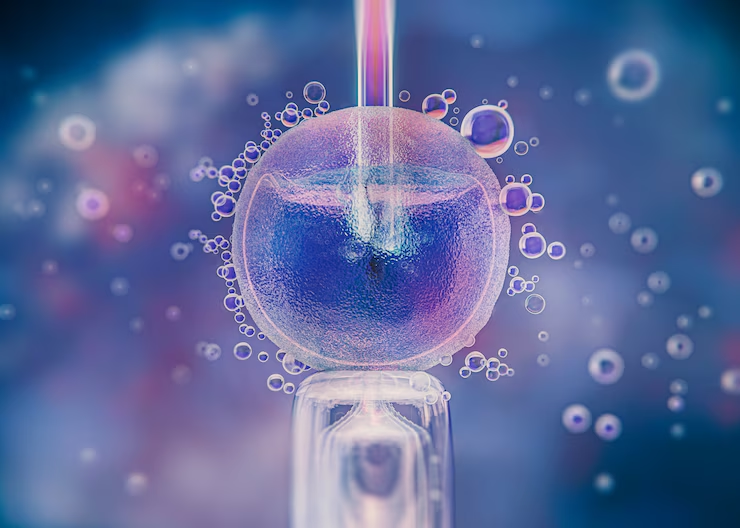Infertility is not just a medical condition, the inability to conceive has a psychological impact on individuals. For those who are not fortunate enough, the process of getting pregnant can be a real source of stress and anxiety, which can lead to depression. Besides, couples often face societal pressure and unsolicited advice, which can strain their relationship.
Intrauterine insemination (IUI) and in vitro fertilization (IVF) are two commonly used fertility treatments that can increase the likelihood of becoming pregnant. However, deciding between IUI and IVF is not always easy. In this post, we will look at the fundamental differences between these two treatments as per the insights by our expert Dr Archana Dhawan Bajaj, Gynaecologist and IVF Expert at Nurture to help those dealing with infertility make an informed decision.
What is IVF?
In vitro fertilisation (IVF) is a fertility procedure that involves fertilizing eggs with sperm in a laboratory setting. The resultant embryo is subsequently implanted in the woman's uterus to establish pregnancy. IVF can treat a wide variety of infertility issues, including age-related infertility, male infertility, blocked or damaged fallopian tubes and unexplained infertility.
Its success rate is around 50% per cycle, making it an effective and popular fertility treatment.

What is IUI?
Intrauterine insemination (IUI) increases the likelihood of successful fertilization and pregnancy by the process of inserting sperm into a woman's uterus.
Intrauterine insemination (IUI) also has the potential to address a number of male and female infertility problems. "IUI is commonly used to treat low sperm count, poor sperm motility, cervical mucus abnormalities, and unexplained infertility. In comparison to in vitro fertilization (IVF), intrauterine insemination (IUI) is less invasive, less expensive, and less successful. It may entail the use of fertility medicines to accelerate ovulation, or it may coincide with the woman's natural cycle," said Dr Archana.
On average, IUI has a success rate of 10-20% per cycle, with greater rates for younger couples with no reproductive concerns.

Choosing Between IVF and IUI
When you have to decide which procedure to choose between IVF and IUI, various aspects must be addressed, including age, fertility issues, overall health, financial means, and family history. IUI is less invasive, safer, and less expensive than IVF, but it has lower success rates. In contrast, IVF offers the highest pregnancy rate per treatment cycle, although it is more expensive and invasive.
Don't Miss:Expert Insights: Understanding IVF And Its Mechanisms Of Success
Couples with unexplained infertility and no obvious impediments to pregnancy are likely to begin with IUI, whereas women with blocked, tied, or absent fallopian tubes should start with IVF.
The decision on which treatment to pursue should be taken in consultation with a fertility specialist, who can consider a patient's diagnosis,age, finances, insurance coverage, and personal preferences.
Don't Miss:Infertility Not a Woman's Problem Always; Common Myths Busted
Neither IUI nor IVF can guarantee a successful pregnancy on every try, and numerous efforts may be required. "Choosing a specific treatment based only on cost can have a negative impact on emotional well-being, so obtaining support from loved ones and talking with a reproductive specialist can help you make an informed decision," said Dr Archana.
Remember that there is no one-size-fits-all approach to infertility treatment, and with the correct advice and support, you can overcome this obstacle and realize your dream of becoming a parent.
Credits: freepik
Keep reading Herzindagi for more such stories.

Take charge of your wellness journey—download the HerZindagi app for daily updates on fitness, beauty, and a healthy lifestyle!
Comments
All Comments (0)
Join the conversation